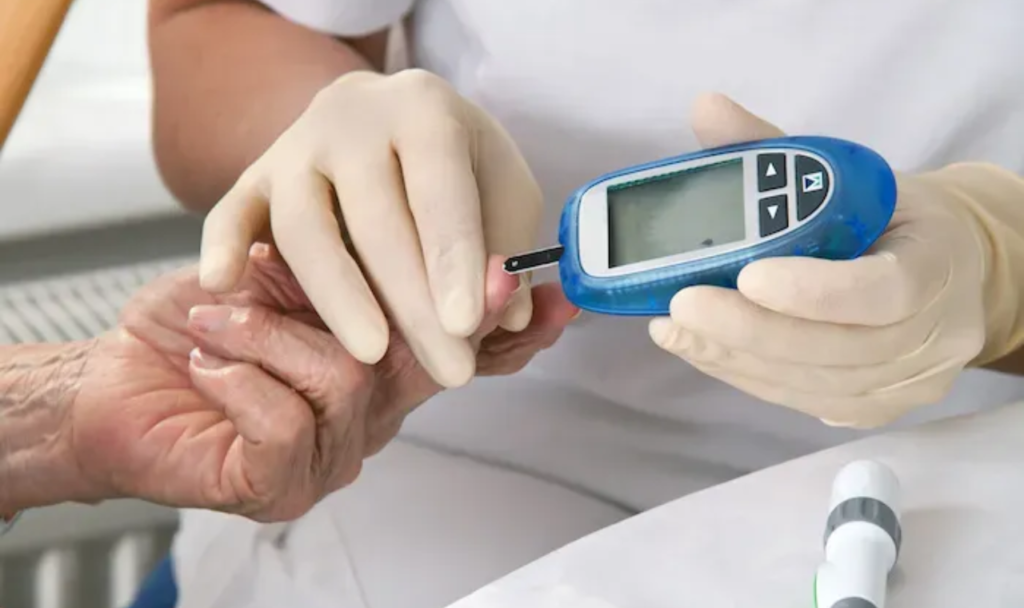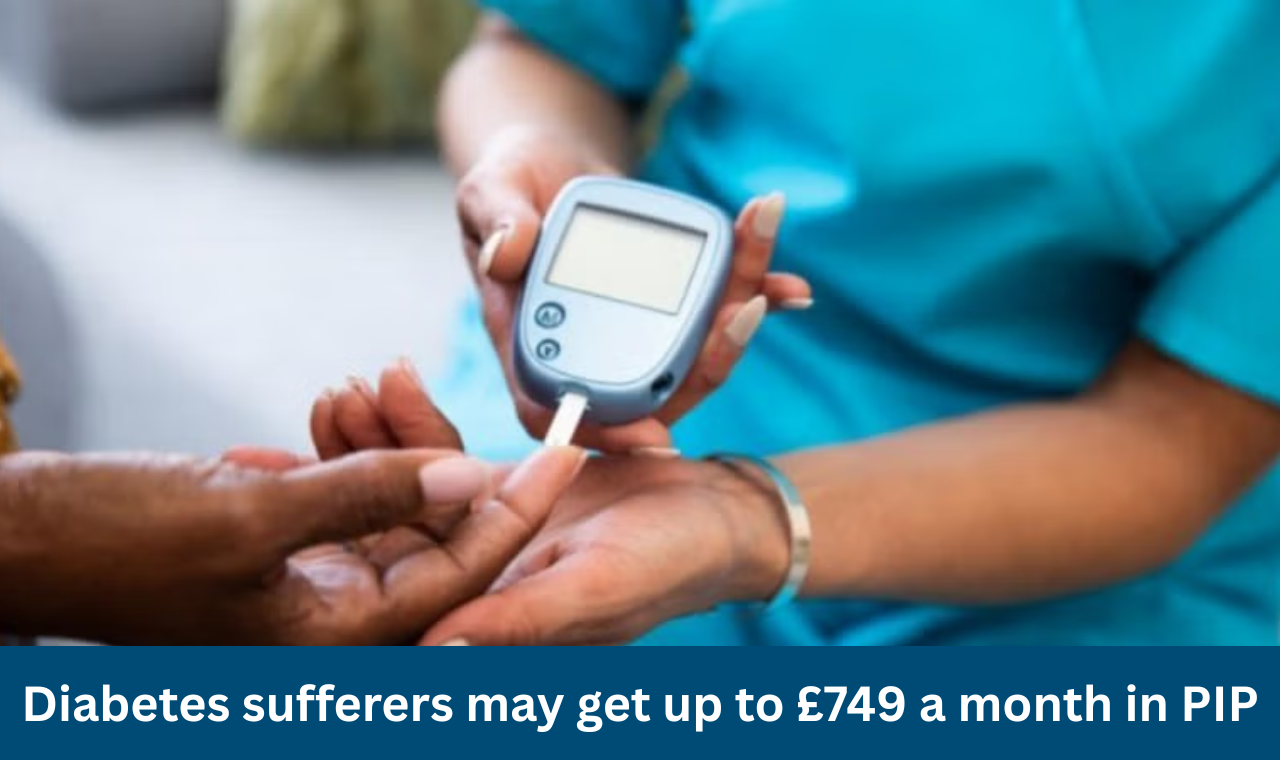People living with diabetes in the UK may be eligible to receive up to £749 per month in financial support through the Department for Work and Pensions’ (DWP) Personal Independence Payment (PIP) scheme. While PIP is not awarded based solely on a medical diagnosis, individuals with diabetes who experience significant challenges with daily living or mobility due to their condition could qualify for the benefit.
What is PIP?
Personal Independence Payment (PIP) is a non-means-tested, tax-free benefit designed to help adults with long-term physical or mental health conditions manage the extra costs of living with a disability. The payment is split into two components: the daily living component, which helps with everyday tasks, and the mobility component, which supports those who struggle with getting around.
PIP is available to people aged 16 and over but under the State Pension age, who have had difficulties for at least three months and expect them to continue for at least nine more.
According to current PIP rates (as of April 2024), claimants can receive the following:
- Daily Living Component
- Standard rate: £72.65 per week
- Enhanced rate: £108.55 per week
- Mobility Component
- Standard rate: £28.70 per week
- Enhanced rate: £75.75 per week
If a claimant qualifies for the enhanced rate of both components, they could receive a maximum of £184.30 per week, or roughly £737.20 per month. Some sources round this figure to £749 to account for monthly variability. GOV.UK – PIP Payment Rates
How Diabetes Can Qualify for PIP
Diabetes, whether Type 1 or Type 2, may entitle someone to PIP if the condition severely affects their ability to perform everyday tasks or move around independently. The assessment isn’t based on the condition itself but on how it impacts the person’s life.
Those with diabetes might struggle with:
- Managing insulin injections and blood sugar monitoring
- Preparing food, especially if they experience fatigue, vision issues, or hand tremors
- Avoiding or treating hypoglycemia
- Managing medications, particularly if they also experience memory issues or mental health challenges
- Walking or moving around due to complications such as neuropathy or amputations
- Navigating public spaces safely due to vision impairment or dizziness
If these difficulties affect a person for the majority of the time over a 12-month period, they may meet the eligibility criteria for PIP.
The Assessment Process
Claimants must undergo a formal assessment, where their ability to carry out specific tasks is scored across two categories: daily living and mobility.
Examples of activities assessed under the daily living component include:
- Preparing and cooking food
- Managing medication and treatments
- Washing and bathing
- Dressing and undressing
- Communicating verbally
- Managing money
The mobility component covers:
- Planning and following a journey
- Moving around safely
Each activity is scored, with 8 points required for the standard rate and 12 for the enhanced rate in either category.
The assessment is usually carried out by a health professional from a private contractor, such as Capita or Atos, and can take place in person, over the phone, or via video call. Claimants may also be asked to provide supporting evidence, such as medical records or a care plan.
Applying for PIP
To start a PIP claim, individuals must call the PIP claim line. The application process typically involves:
- Initial call to the DWP to begin the claim
- Receiving and completing the ‘How your disability affects you’ form (PIP2)
- Undergoing an assessment
- Awaiting a decision from the DWP

Additional Support and Advice
Several organizations offer support for people with diabetes considering a PIP claim. Diabetes UK provides helpful resources and guidance on understanding how your condition might meet the criteria. Their website can be accessed at www.diabetes.org.uk.
Independent benefits advice can also be obtained from Citizens Advice or disability-focused charities like Turn2Us and Benefits and Work.
In Scotland: Adult Disability Payment
For those living in Scotland, PIP is being gradually replaced by the Adult Disability Payment (ADP), administered by Social Security Scotland. The ADP follows similar eligibility rules and assessment criteria. More information is available.
Final Thoughts
Living with diabetes can present serious daily challenges, and financial support is available for those affected. If diabetes impacts your ability to manage daily tasks or move around independently, it is worth checking your eligibility for PIP. With up to £749 available monthly for those who qualify at the highest rate, this benefit can provide vital support for managing a long-term condition.

Pankaj Kumar is a skilled content writer at OTE News, focusing on breaking news, technology, and socio-political developments. With a background in Mass Communication, he brings a balanced perspective to his articles, ensuring clarity and reliability. Pankaj has a knack for simplifying complex topics for readers.
In his free time, he enjoys photography, traveling, and experimenting with new cuisines. His curiosity and dedication to truthful reporting make him a valuable contributor to OTE News.




